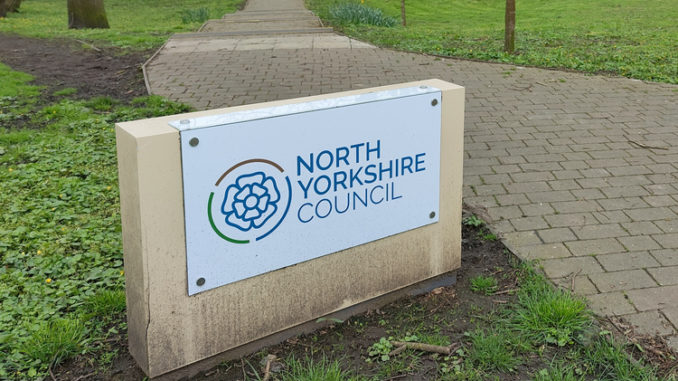
A North Yorkshire autism campaigner has claimed a council that prides itself on supporting vulnerable people is failing its neurodivergent residents when they become adults as it gives political priority primarily to veterans and dementia.
Roger Tuckett, director of Yorkshire Adult Autism self-Advocacy Group, told a meeting of North Yorkshire Council’s executive that its consultation to review the county’s autism strategy was “not fit for purpose” and a massive cultural divide existed between social care and health care.
The draft strategy has been developed by autistic people, their carers and families, alongside the voluntary sector, the council and bodies such as health, education and police services.
The document aims to reflect the ambitions and priorities of communities across the county. About 6,150 autistic people live in North Yorkshire based on the 2021 census.
The authority has said the consultation aims to find out residents’ views on education and preparing for adulthood, employment, housing and carers as well as assessment, diagnosis and support, health and care, adult and youth justice and inclusive communities.
However, executive members heard as part of the consultation there was a pressing need to engage with experts in the autistic community and that there remained an almost complete absence of third sector services for adults with autism in North Yorkshire.
Mr Tuckett told the leading councillors authorities in North Yorkshire and York were failing “to make any progress on the issues associated with significantly oversubscribed diagnostic services”, with waiting lists for adults with suspected autism and attention deficit hyperactivity disorder.
He said the council’s consultation exercise had become an internal
celebration of process, based on non-transformational echo-chamber analysis and group-think, with minimal attention given to outcomes and output.
He said: “Residents and voters are simply being asked to prioritise aspirations and worthy generalities. It is the process itself that is not fit for purpose, not the zeal and enthusiasm of those council officers who are carrying it out.”
While more than 80 per cent of autistic people do not have any learning disabilities, autism campaigners say, many still have considerable unmet needs.
The meeting was told within autism support, limited resources are directed almost entirely at children and young people, yet those people often “fall off the cliff” when they become adults and try to access adult services instead.
Mr Tuckett added: “The reason appears to be that the council gives political priority primarily to veterans and dementia, but not to the needs of autistic adults or those with other significant neurodiversities including ADHD.”
The council’s executive member for health and adult services, Councillor Michael Harrison rejected the claim the consultation was not fit for purpose.
He said there had been “a high level of engagement” during the consultation to date, with more than and 80 responses to its survey and 80 people attending events with a further six events set to be held.
Coun Harrison said lengthy waiting times to be diagnosed was widely recognised as a national issue faced by the NHS.
Coun Harrison added the views Mr Tucker had highlighted were “exactly the type of views we want to hear”.


Be the first to comment